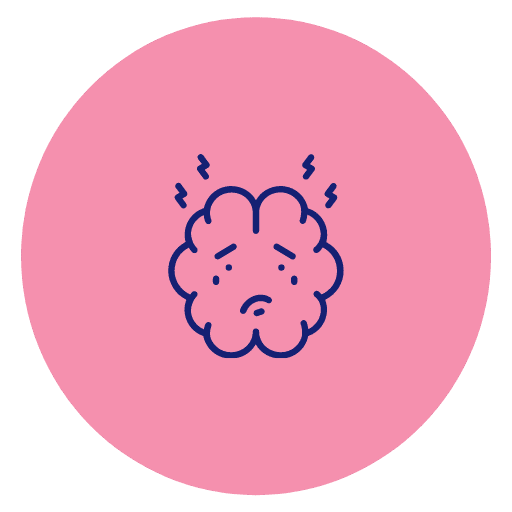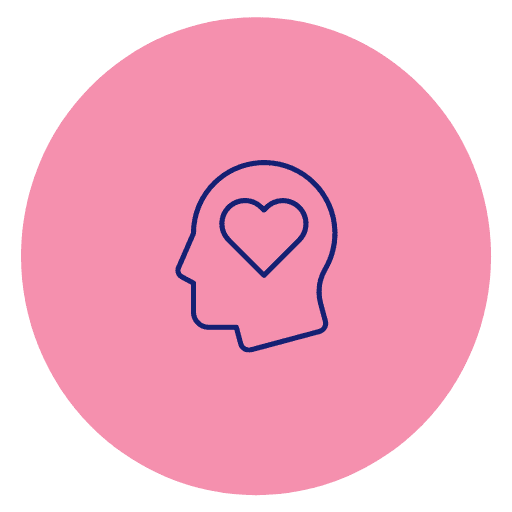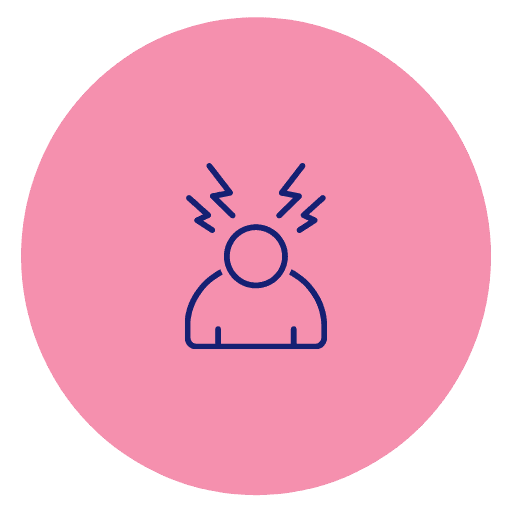Services
Sarah J. Person, LCSW-R
Psychotherapist Serving Teens and Adults from NYC to Long Island
Teens


Adults
Sarah J Person, LCSW-R Helps
Teens and Adults Overcome

Depression
Read More
Depression is among the most common reasons individuals seek treatment, and it is very treatable. There are several therapeutic techniques that have shown effectiveness in treating depression. Treatment helps people shift negative thinking to more positive thoughts and feelings while building coping skills and inner strength.

Mood disorder
Read More
Mood disorders are characterized by intense emotional disruptions that may last two weeks or longer. These periods of emotional and psychological intensity can involve extreme unhappiness (clinical depression), extreme elation (mania), or both, and can significantly interfere with a person’s functionality in their day-to-day life. Medication combined with therapy can help greatly in treating mood disorders.

Anxiety
Read More
Everyone experiences some anxiety, but persistent, intense anxiety on a daily basis may also include nervousness, worry, fear, and a sense of foreboding about the future. It can be very disruptive and change how a person lives in an attempt to avoid experiencing major anxiety. There are numerous evidence-based treatments for anxiety, and a whole host of coping tools that can markedly improve anxiety levels and teach people that the “worst case scenario” is not the only possibility in life events.

PTSD
Read More
Post-traumatic Stress Trauma Disorder (PTSD) is caused by dramatic, horrific events that are so far out of our normal experience that they negatively impact our emotions, thoughts and physiology. Individuals who have PTSD may experience flashbacks, nightmares, avoidance of trauma reminders, persistent thoughts about the trauma, as well as a loss of self-esteem and self-worth. Treatment needs to address how the trauma is held in the body as well as the brain and heal that together; simply talking about the trauma will not bring relief. Sensorimotor Psychotherapy®, Somatic Experiencing, Internal Family Systems (IFS), and EMDR are among the most effective treatments for PTSD.

Stress
Read More
Could we be living in any more stressful times? Managing stress has become one of the survival tools of the 2020’s. Mindfulness, relaxation and breathing techniques, along with an understanding of how stress impacts the body, are used to help manage and alleviate persistent stress. Often, treatment includes learning about self-care and how to prioritize obligations and stresses to be more manageable.

Relationship Issues
Read More
Whether it’s having the same argument with your partner over and over, thinking about starting–or ending– a relationship, or other issues with friends, colleagues or partners, I provide objectivity and understanding. People often repeat relational patterns that were learned as children, but that no longer work as adults. Unraveling the past from the present is one of the keys to future healthy relationships.

Life Transitions
Read More
Life is filled with transitions- a new job, partner, home, location and more. Transitions can be exciting opportunities, but they can also be a time of upheaval, feeling both scary and disruptive. Learning to anticipate and meet the fear while tapping into the excitement of the new can help guide times of transition.
Sarah J Person, LCSW-R Therapeutic Treatments

Talk Therapy
Read More
Talking therapy can help with common mental health problems like stress, anxiety, and depression. Talking to an objective, compassionate person can often be very helpful.

Psychodynamic
Read More
Psychodynamic therapy helps people explore their early history and use those insights to understand how their past impacts current emotions, thoughts and beliefs. With a better grasp of old patterns and why they persist, people are able to make change and lead more fulfilling lives.

EMDR
Read More
Eye Movement Desensitization and Reprocessing Treatment (EMDR) is a powerful evidence-based therapy that helps people heal from trauma. It is also used to heal childhood developmental and emotional wounds, anxiety, phobias, and many other issues. In EMDR, it is thought that bilateral stimulation (visual, aural, tactile) opens up neural pathways so that memories that are fragmented in different parts of the brain can come together. This helps clients reprocess events and create new meaning from the past as they heal.

CBT
Read More
People look at the relationship between their thoughts, emotions and behaviors. If you can substitute a positive thought for a negative one, you will feel and act differently. People who are prone to thinking negatively will often experience depression and anxiety. CBT shows people how to lead more fulfilling lives.

Sensorimotor Psychotherapy®
Read More
Memories are not only in our heads but are also held in our bodies. Sensorimotor Psychotherapy (R) is a trauma treatment that heals by accessing emotions, thoughts and beliefs through the body while in a state of mindfulness. Traumatic events are reduced to memories of something that happened in the past, without any emotional charge.

IFS
Read More
Internal Family Systems (IFS) says that each of us has a core, inner self of peace and harmony. That self can be compromised by our parts, who each represent an aspect of our personality and history eg. the angry part, the hurt little girl, the responsible dad. IFS teaches people how to be curious about their parts and have them dialogue. Healing the parts will reveal the inner self.

Teletherapy
Read More
When COVID started, teletherapy became an essential way to deliver therapy to clients while reducing the risk of infection. Most clients find that teletherapy is as effective as in-person sessions, and appreciate the ease of it. As practitioners, we are bound by personal privacy laws such as HIPAA to safeguard individuals’ privacy.
CONTACT US
For general inquiries, please leave your information and message below.
We'll be in touch as soon as possible.
Teletherapy
PO Box 502, East Hampton, NY 11937
Also serving clients in Brooklyn, NY 11242
Phone
(917) 579 4581

